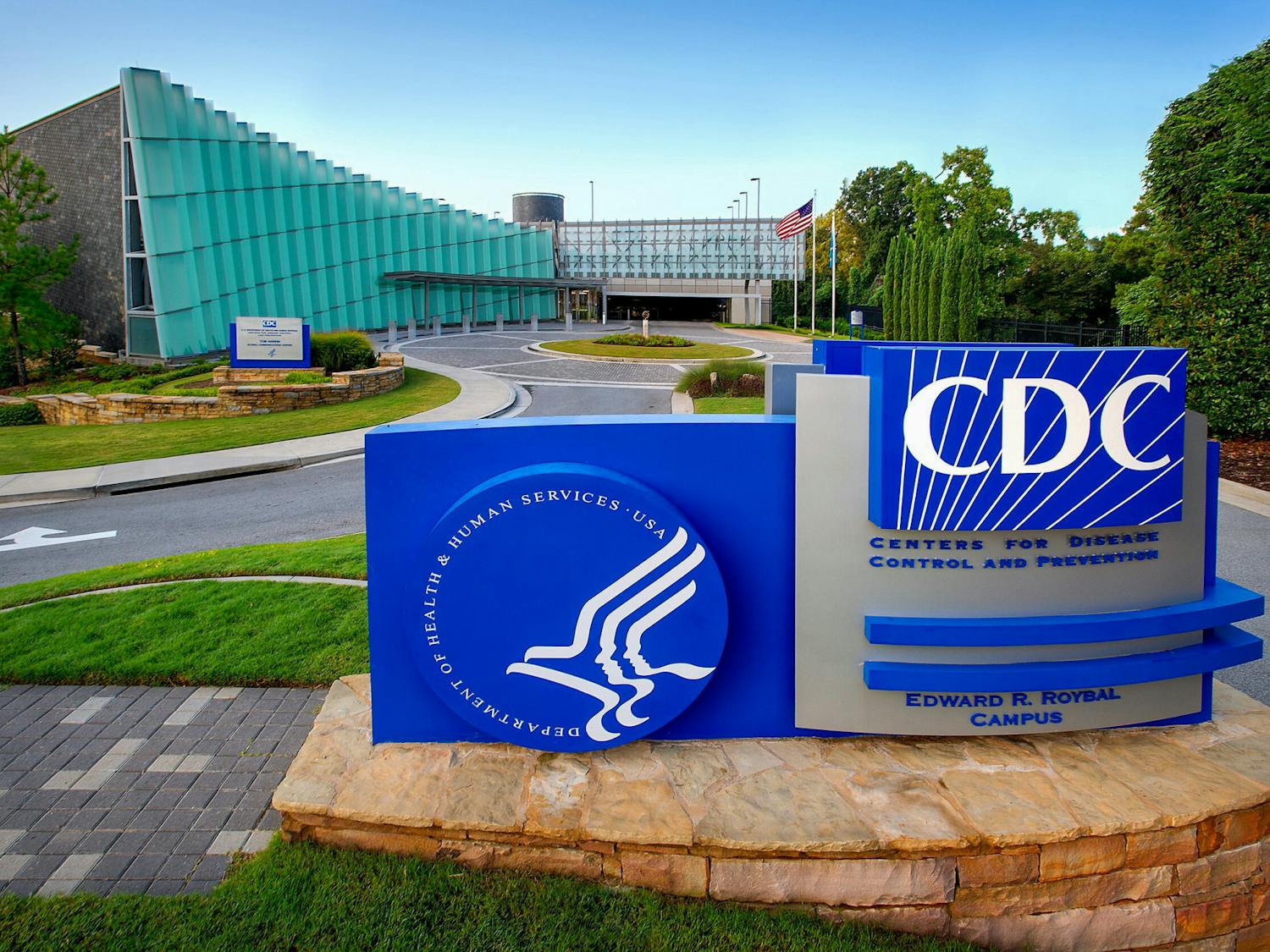Many Penn students consider themselves savvy investors, putting their money into effective and efficient enterprises.
But there’s one place where many people turn out to be surprisingly inefficient — charitable giving.
“People really care about performance — they want to know that the charities they’re donating to are really improving the world — but the number of people who actually research performance is only about a third of the people who care about performance,” said College senior Mark Toubman.
Toubman is the president of Giving What We Can, an organization focusing on ways that charitable donations can be distributed more efficiently. Giving What We Can is a member of the Penn Effective Altruism umbrella group that was formed this semester. Its other members include 80,000 Hours, which promotes careers with positive social impact, and the animal rights group Penn Animal Advocacy.
While each EA member organization has a unique focus, all are dedicated to the idea of “effective altruism” — the ethos that altruism should attempt to do the most amount of good with a given set of resources. This often means promoting charities that work in developing countries.
“For example, there’s schistosomiasis... a worm infection in your intestines,” College sophomore Lauren O’Mara said. O’Mara and Wharton sophomore Lindsey Li are the undergraduate chairs of One for the World, an effective altruism organization founded by 2014 Wharton MBA graduates Kate Epstein and Josh McCann. “[The disease] is completely preventable, there’s a drug that you can get to be cured, but so many kids die every year from it.”
Schistosomiasis kills up to 200,000 people a year, and parasitic infection can also increase susceptibility to other diseases like malaria and AIDS. Recent de-worming effects have focused on children, who are particularly susceptible.
“The treatment’s only one dollar per kid, and then they have an entire year of worm-free living,” O’Mara said. “For ten dollars, you can save ten kids who have these worms.”
In 2015, Americans donated over $370 billion to nonprofit organizations. But the largest recipients of those charity dollars were religious organizations, followed by educational groups including major universities like the University of Pennsylvania, according to information available on the National Philanthropic Trust website.
While many people prefer to donate to such organizations due to personal and emotional connections, they do not tend to provide as much direct, measurable impact. Effective altruists are trying to change that.
“If you’re already giving, [think] about where that money’s going,” second-year Wharton MBA student Charles Scott said. “Would you put your money into just any random set of stocks, or would you actually do the research to determine what’s going to give you the best return on your investment?’
Scott, along with fifth-year economics Ph.D. candidate Rossa O’Keeffe-O’Donovan, are One for the World’s graduate co-chairs. Like Giving What We Can, One for the World works to increase awareness of effective altruism, but it also aims for a more concrete goal — the one percent pledge, where students promise to donate one percent of their income to an approved non-profit organization.
“On average, people in the US give three percent of their incomes to charity,” O’Keeffe-O’Donovan said. “So what we’re asking is that at least one percent of that should be optimized, should be given to the most effective organizations.”
The group projects that after this year’s MBA class graduates, donations through One for the World will reach a rate of over $140,000 yearly.
One for the World’s undergraduate branch is more focused on building awareness through small discussion groups and one-on-one conversations. The group is also considering instituting a version of the pledge for undergraduates who receive internships during the summer.
“[Penn students] don’t all have the time to volunteer for charity efforts, but we definitely all have the earning potential to donate and...make an impact,” Li said.









